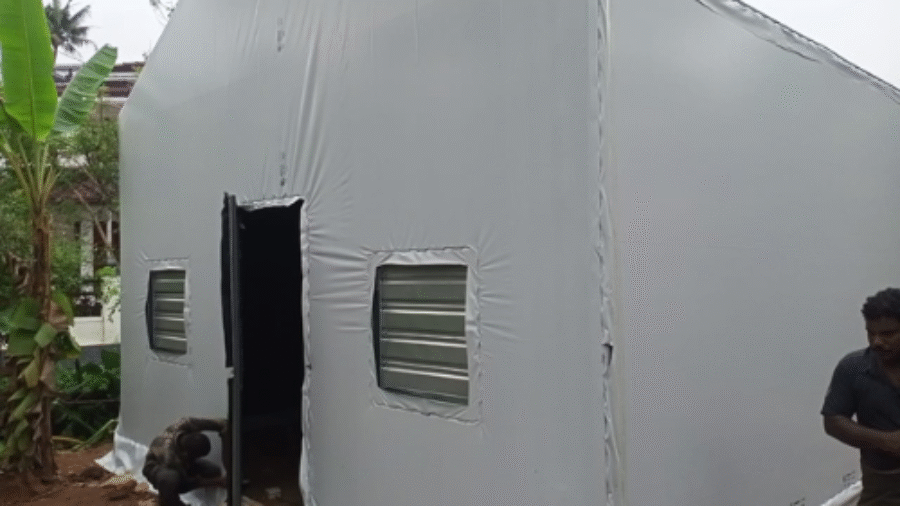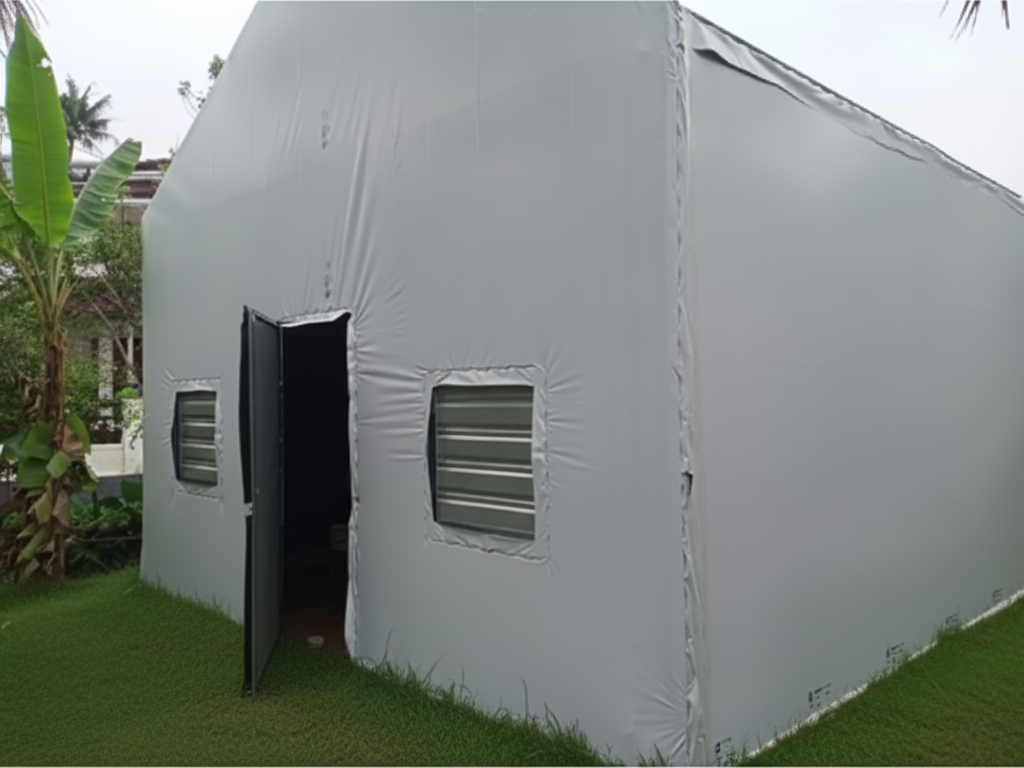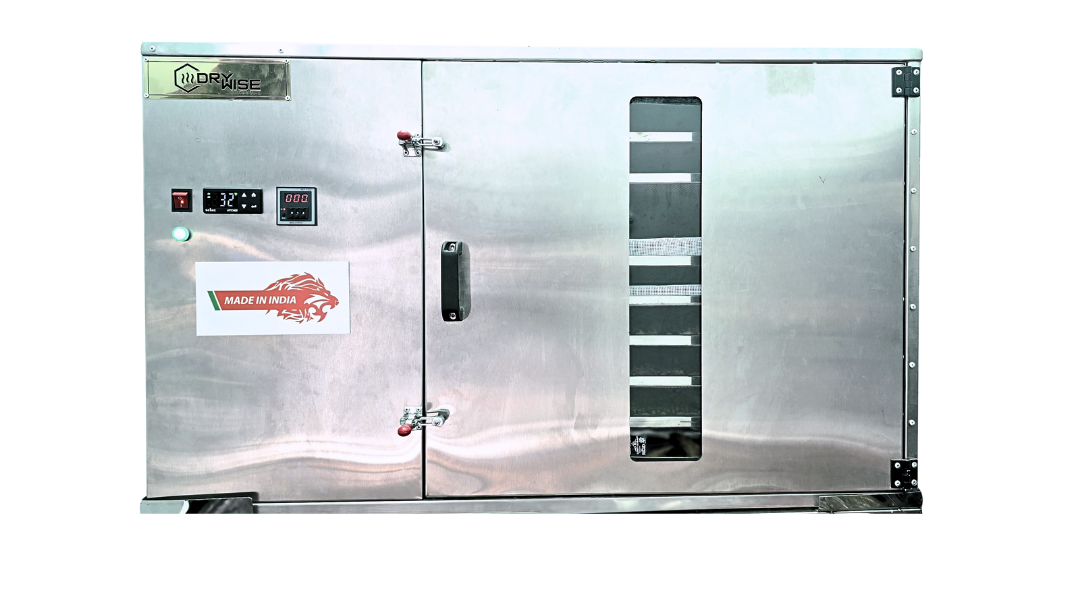Polyhouse farming stands as a pivotal advancement in modern agriculture. It offering a powerful solution to the challenges posed by unpredictable weather and dwindling resources. Essentially, polyhouse farming is the practice of cultivating crops inside a structure covered with translucent materials, typically UV-stabilized polyethylene film. Think of it as a specialized type of greenhouse, often characterized by its cost-effectiveness and flexibilit. And creating a meticulously controlled environment for optimal plant growth.

What Exactly is Polyhouse Farming?
At its core, a polyhouse is a framed structure that uses a polyethylene sheet as its main covering. This material allows sunlight to enter while trapping heat—the classic “greenhouse effect”—which maintains a warmer, more stable internal temperature than the outdoors. This controlled microclimate directly addresses several limitations of traditional open-field agriculture.
Farmers actively manage crucial environmental factors within the polyhouse. They control the temperature, humidity, light intensity, and often the CO2 levels. This level of control allows for precise management of the growing conditions required by specific high-value crops like exotic vegetables, floriculture items, and quality fruits.
Key Advantages of Adopting Polyhouse Farming
Adopting polyhouse farming offers significant benefits that translate directly into increased profitability and sustainability for growers:
- Extended and Year-Round Cultivation: The biggest draw of polyhouse farming is the ability to grow crops irrespective of external seasons. Farmers can produce ‘off-season’ vegetables and flowers, commanding premium market prices and ensuring a consistent income stream throughout the year.
- Significantly Higher Yields: By providing ideal, stable growing conditions—optimum temperature, consistent nutrient supply, and protection from weather extremes. Polyhouses dramatically boost the yield per unit area. Many reports indicate a 5 to 10-fold increase in productivity compared to traditional methods.
- Protection from Pests and Diseases: The enclosed environment naturally acts as a physical barrier against common pests and vectors carrying diseases. This reduction in exposure significantly lowers the need for chemical pesticides, leading to healthier crops and a safer end-product.
- Efficient Water Management: Growers often integrate advanced irrigation techniques like drip irrigation within the polyhouse structure. This targeted water delivery, combined with reduced evaporation inside the structure, results in remarkable water savings and increased water use efficiency.
- Improved Crop Quality: Precise control over all growing parameters—from humidity to nutrition—ensures plants thrive, leading to produce with superior size, color, texture, and nutritional value.
Setting Up a Polyhouse: Getting Started
Starting with polyhouse farming requires careful planning. You must first research the specific market demand for high-value crops in your region. Next, selecting the right location with adequate sunlight and good accessibility proves vital.
The polyhouse structure itself can range from simple naturally ventilated models to more advanced, environmentally regulated systems featuring automated controls for maximum climate precision. The initial investment for polyhouse farming is higher than for open farming. however, the potential for high returns, along with government subsidies available in many regions, makes it an economically sound choice for modernizing agriculture.
Embrace the future of agriculture with polyhouse farming. You gain control over your growing cycle, protect your valuable crops, conserve precious resources, and ensure a higher, more reliable income.




